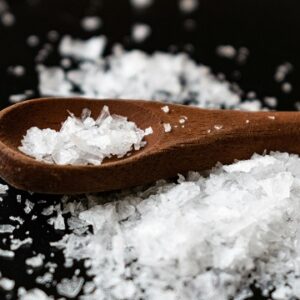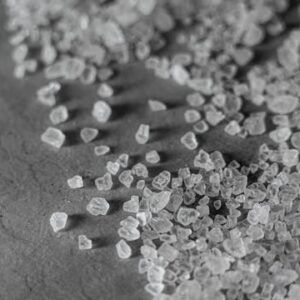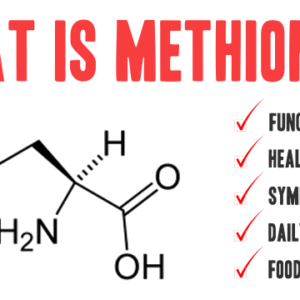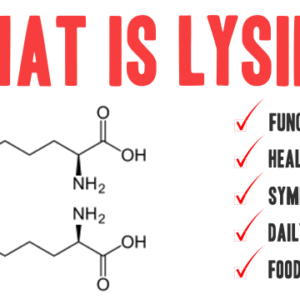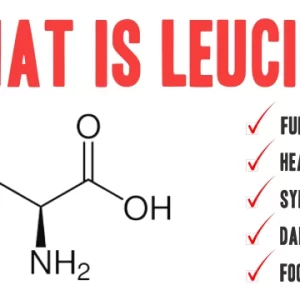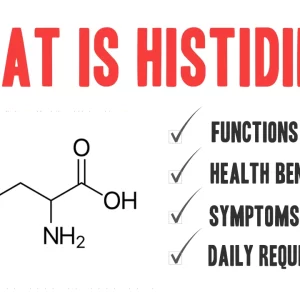What Is Sulfur?
Sulfur is a non-metallic mineral that plays a critical role in numerous physiological processes. Although it is not classified as an essential dietary mineral in the same way as calcium or magnesium, sulfur is essential for life because it is a key component of the amino acids methionine and cysteine, which are required for building proteins in the body.
Sulfur is also crucial in the formation of glutathione, the body’s master antioxidant, and in maintaining healthy connective tissue, skin, and cartilage.
Functions of Sulfur in the Body
1. Protein Synthesis
Sulfur is found in methionine and cysteine, two of the 20 standard amino acids. Without sulfur, the body cannot build or repair proteins. These amino acids are necessary for:
Muscle tissue repair
Hormone production
Enzyme function
2. Detoxification
Sulfur is a key component of glutathione, a tripeptide antioxidant made from cysteine, glutamate, and glycine. Glutathione plays a major role in:
Neutralizing free radicals
Detoxifying heavy metals and drugs
Supporting liver function
3. Connective Tissue and Joint Health
Sulfur is involved in the production of chondroitin sulfate and glucosamine sulfate, compounds found in cartilage that support:
Joint lubrication
Flexibility
Cartilage repair
4. Skin, Hair, and Nail Health
Sulfur contributes to the structure of keratin, a protein necessary for healthy hair, skin, and nails. It’s sometimes called the “beauty mineral.”
Sulfur-Rich Foods
Unlike some other minerals, sulfur is not typically consumed as an isolated supplement, but rather through sulfur-containing compounds in foods.
Best Dietary Sources:
Animal proteins: Eggs, beef, chicken, turkey, fish
Dairy: Milk, cheese, yogurt
Allium vegetables: Garlic, onions, leeks, shallots
Cruciferous vegetables: Broccoli, cabbage, Brussels sprouts, cauliflower
Legumes and nuts: Lentils, chickpeas, peanuts
Whole grains: Oats, barley
Recommended Intake of Sulfur
There is no established Recommended Dietary Allowance (RDA) for sulfur. However, because sulfur is a component of essential amino acids, meeting your daily protein requirement generally ensures sufficient sulfur intake.
For most adults, this means:
0.8 grams of protein per kilogram of body weight per day (general guideline)
Example: A 70 kg adult would need about 56 grams of protein/day, naturally containing sufficient sulfur.
Signs and Symptoms of Sulfur Deficiency
Sulfur deficiency is rare in individuals with a protein-rich diet. However, inadequate intake may contribute to:
Weak hair or brittle nails
Slow wound healing
Joint discomfort
Fatigue
Reduced detoxification capacity
Those on low-protein, vegan, or restrictive diets may be at slightly higher risk.
Sulfur in Supplements
While sulfur is not commonly supplemented directly, some forms may be used to support joint and skin health:
MSM (Methylsulfonylmethane): May reduce joint inflammation and improve skin
Glucosamine sulfate: Used in managing osteoarthritis symptoms
N-acetylcysteine (NAC): A supplement form of cysteine, supports detoxification and respiratory health
Sulfur and Detoxification
Sulfur-rich foods support Phase II liver detoxification, which involves conjugating toxins to make them easier to excrete. Glutathione, one of the body’s most important detox molecules, depends on sulfur for synthesis and recycling.
Sulfur’s Role in Health Conditions
Osteoarthritis: MSM and glucosamine sulfate may help reduce joint pain
Skin disorders: Sulfur-based creams are used to treat acne and rosacea
Liver support: NAC is often used in clinical settings to protect the liver (e.g., acetaminophen overdose)
Conclusion
Sulfur may not get as much attention as other minerals, but it’s absolutely essential for maintaining the health of your proteins, joints, detox systems, and skin. Consuming adequate amounts of protein and sulfur-rich plant foods is the best way to support your sulfur needs naturally. Supplementation may benefit specific health concerns, but dietary intake remains the foundation.
References
National Institutes of Health Office of Dietary Supplements https://ods.od.nih.gov/
Wessjohann, L.A., Schneider, A., Abbas, M., & Brandt, W. (2007). Sulfur-containing plant metabolites: bioactive molecules for molecular medicine. Natural Product Reports, 24(2), 287-306. https://doi.org/10.1039/B603086D
Richie, J.P., et al. (1996). The role of glutathione in detoxification and health. Toxicology Letters, 82–83, 1–6. https://doi.org/10.1016/0378-4274(95)03593-8
Barrager, E., et al. (2002). MSM as a treatment for osteoarthritis. Osteoarthritis and Cartilage, 10(9), 786–793. https://doi.org/10.1053/joca.2002.0834


